The health professionals' strike in Algarve is impacting less severe cases the most. Chronic conditions, oncology, cardiology, and others are facing some access difficulties, but patients are no strangers to this — and it's worse during the summer. "I was the first patient to have a urology consultation, right at 9:30 AM." Diamantino Farias, from Albufeira, just left the outpatient clinic at Faro Hospital heading to the emergency room. "My wife is in the waiting room; things seem more complicated here," he notes.
At first glance, the ambulances parked outside might suggest a dire situation. However, this is the usual scene at the emergency units of the Local Health Unit (ULS) serving a region that sees its resident numbers triple or quadruple in August, also catering to part of Alentejo. Manuel Lucas, from Moura, explains why he's waiting for a consultation in Faro. "There's been no cardiology at Beja Hospital." Knowing the healthcare deficiencies in lower Alentejo, he "took advantage" of suffering a heart attack — two years ago while on vacation in Algarve — and became a patient at Faro Hospital. What he complains about on this strike day is arriving before 9 AM only for tickets to start being distributed an hour later.
André Gomes, representative of the Nurses' Union of the Southern Zone, estimates that "the combined participation of the three unions is between 70 and 80%." However, he emphasizes, "minimum services are being guaranteed, some are below minimum because that's how they chronically function." From the unionists' early morning rounds, they concluded: "Emergency, operating block, and outpatient clinics are practically paralyzed, only the most urgent issues and minimum services are running." In surgery, he noted, "only oncological surgery is functioning." Meanwhile, 88-year-old Diamantino Farias said, "Everything worked beautifully for me — I've been a patient of Dr. Aníbal Coutinho for 24 years, and today, once again, he attended to me."
Fátima José, 74, from Estói (near Faro), has known Faro Hospital for 25 years: "I've had breast, kidney, and intestine surgeries," she moves with the aid of a cane. "I had a urology consultation and didn't notice anything special on this strike day." She acknowledges the shortage of doctors and other healthcare professionals, not withholding her praise: "I've been treated very well, but it's true that they [professionals] work a lot."
Mid-morning, Teresa Abreu sits on a bench facing the pediatric emergency service. She calls her daughter: "Soraia, hurry up, I need you to take me to the consultation." Upon learning about the strike, she comments: "That's all I needed, to miss my cardiology consultation!" She then lists her medical history to PÚBLICO: "I've suffered two heart attacks and am an oncology patient, but now I have strange colors on the lower part of my belly."
Regarding criticisms from ULS president Tiago Botelho, suggesting political motivations for the strike, André Gomes responds: "It seems to us it would be more useful if the administration president could listen to the workers, especially today, on strike day." Concerning the Doctors' Union of the Southern Zone, he adds: "It's an open union, having elections in September, not affiliated with CGTP — unlike the ULS president, who was appointed by the Government." Then, in a tit-for-tat manner, he asks: "Who is serving whom?"
The strike, scheduled from midnight to midnight, was called by the Doctors' Union of the Southern Zone, the Portuguese Nurses' Union, and the Union of Public Service Workers of the South and Autonomous Regions.

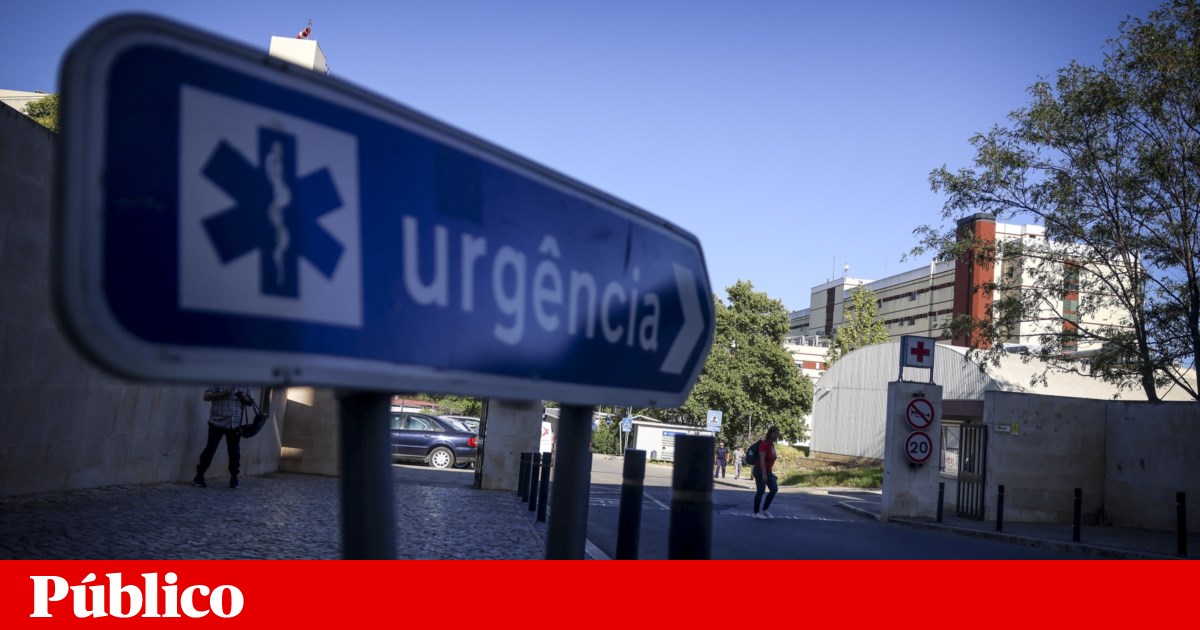

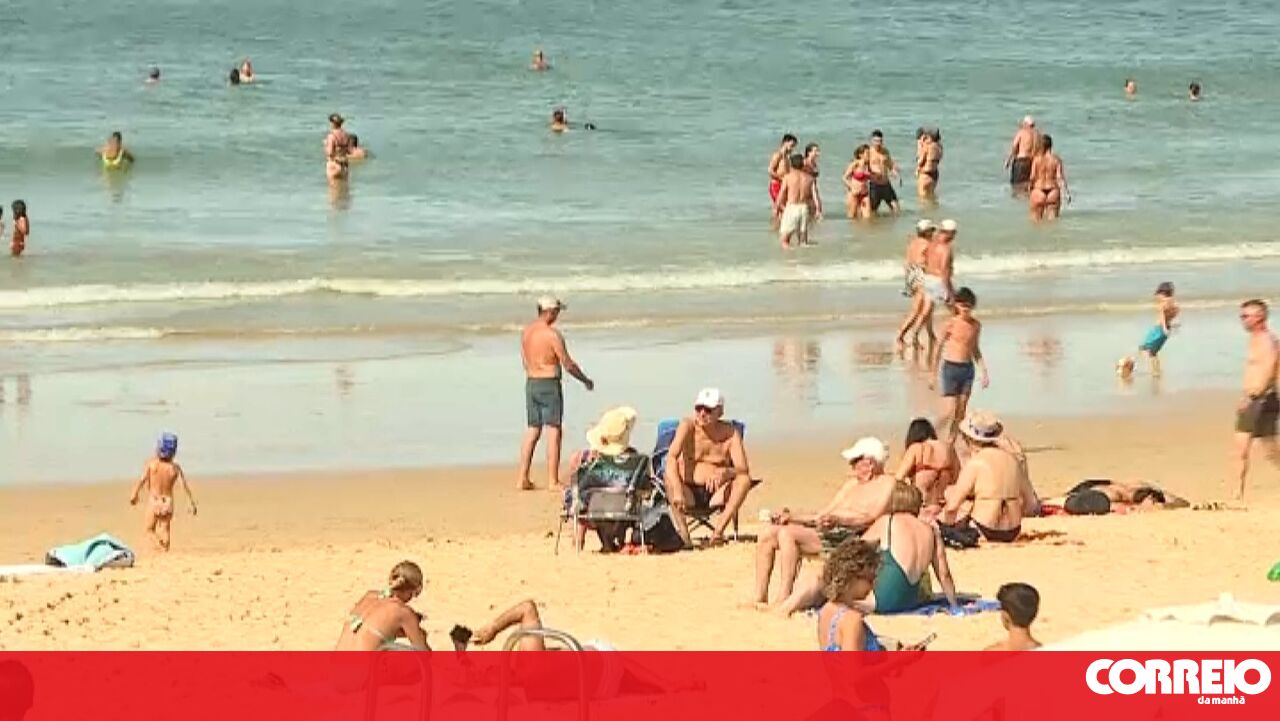
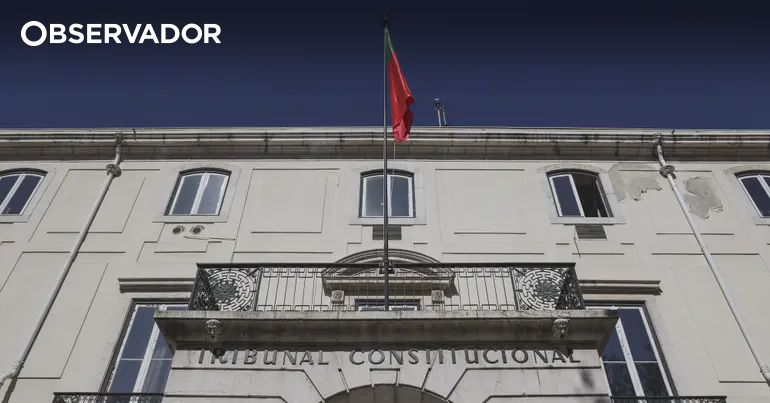
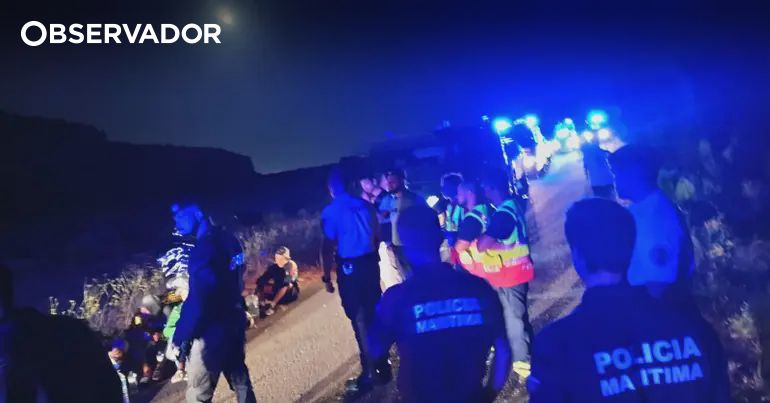
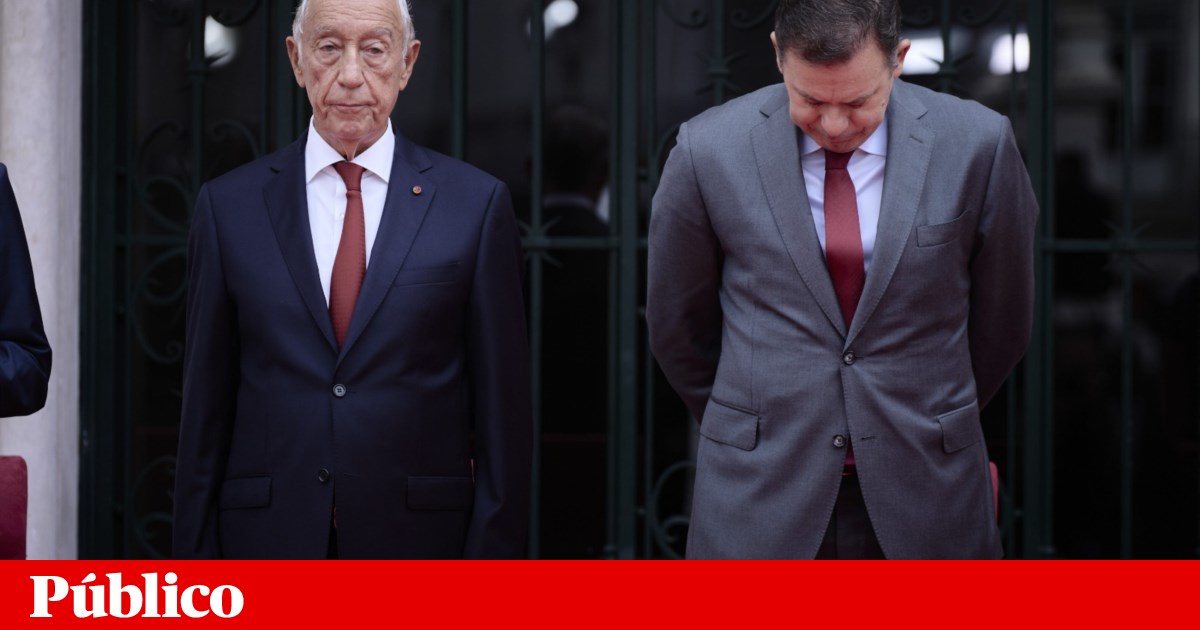

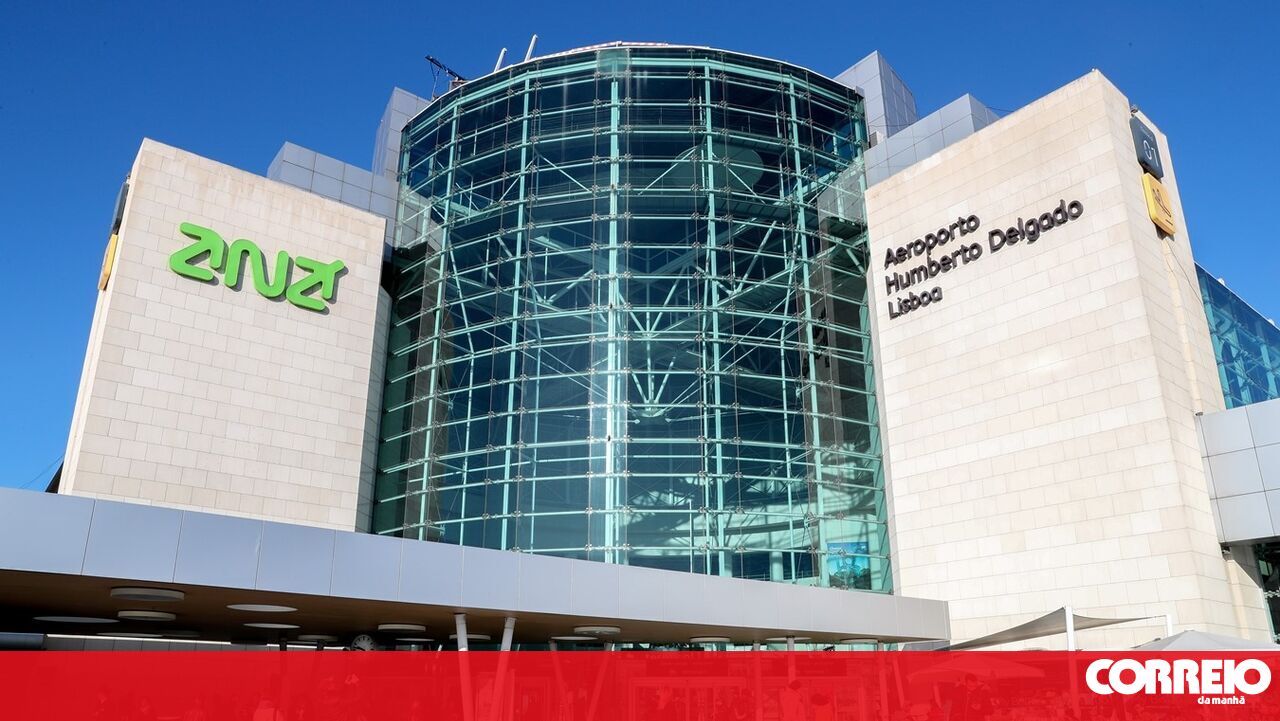
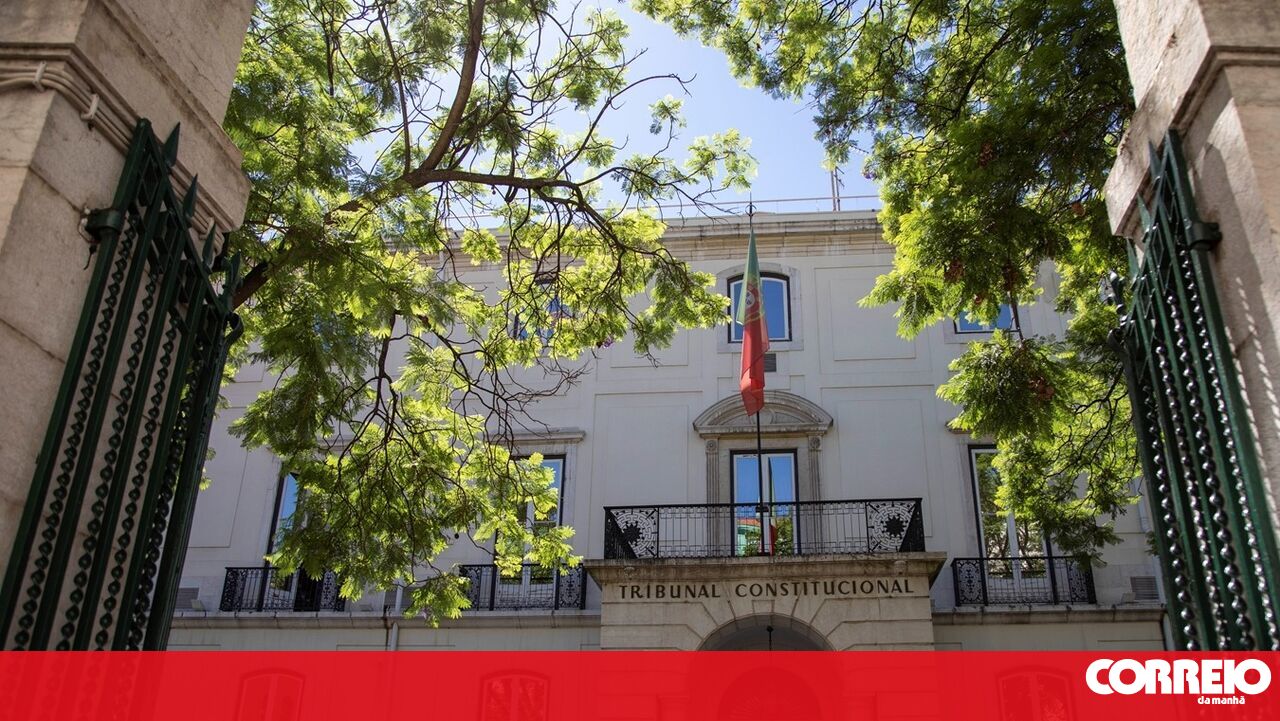
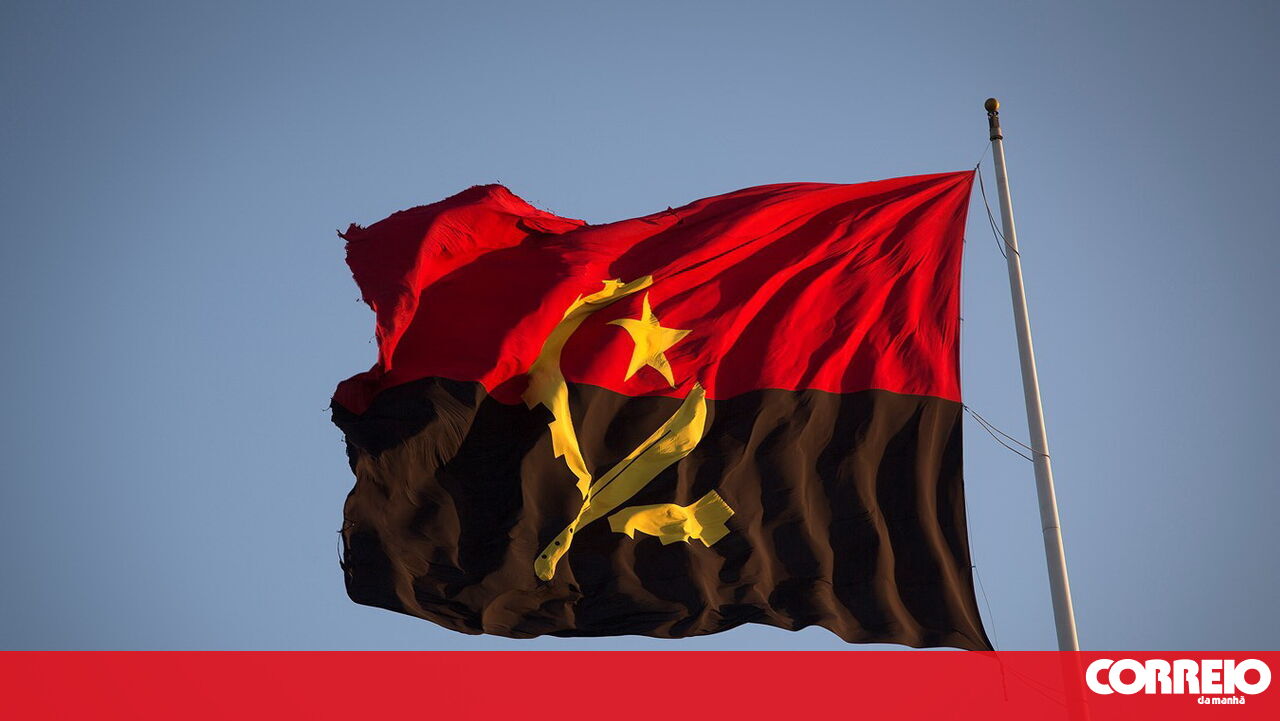
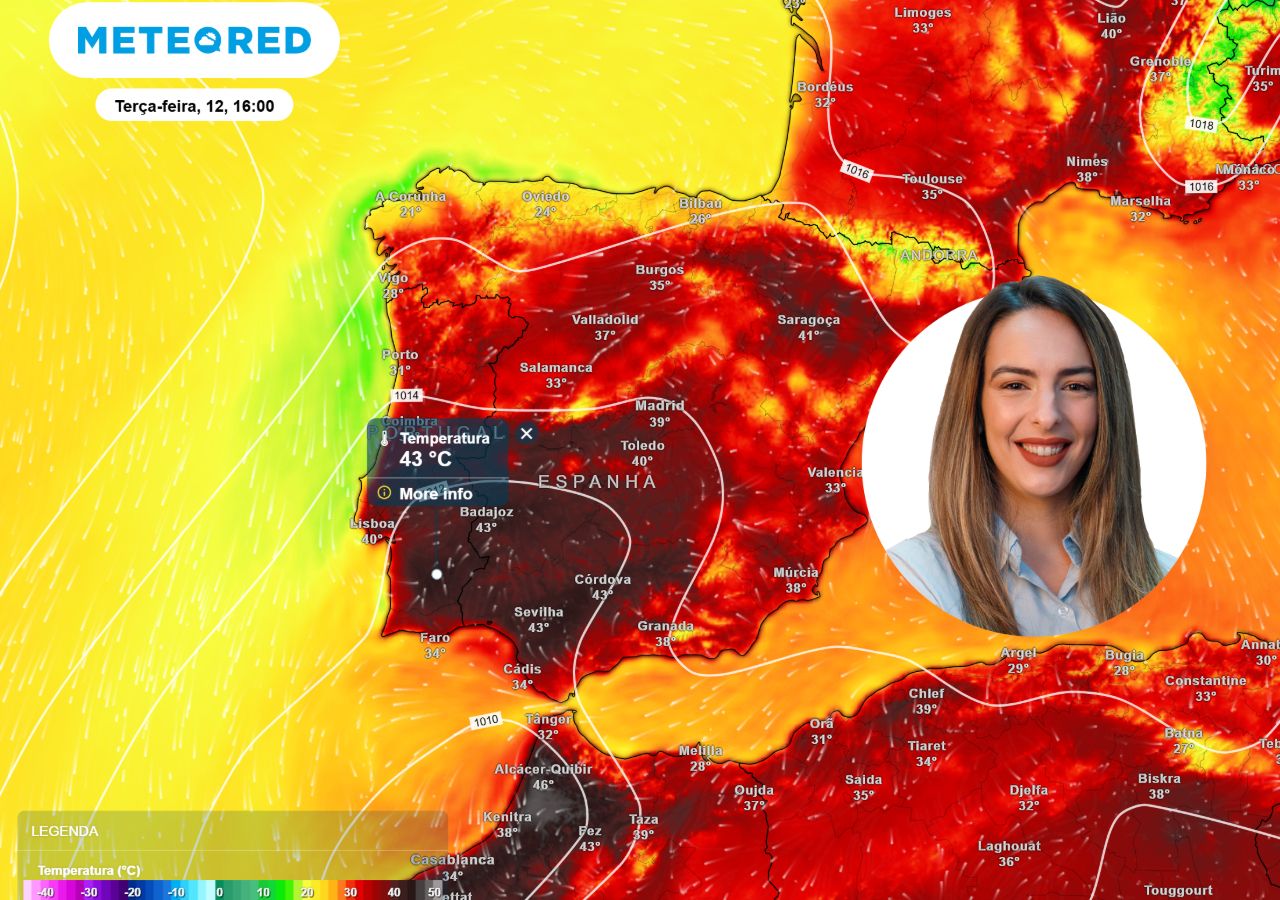

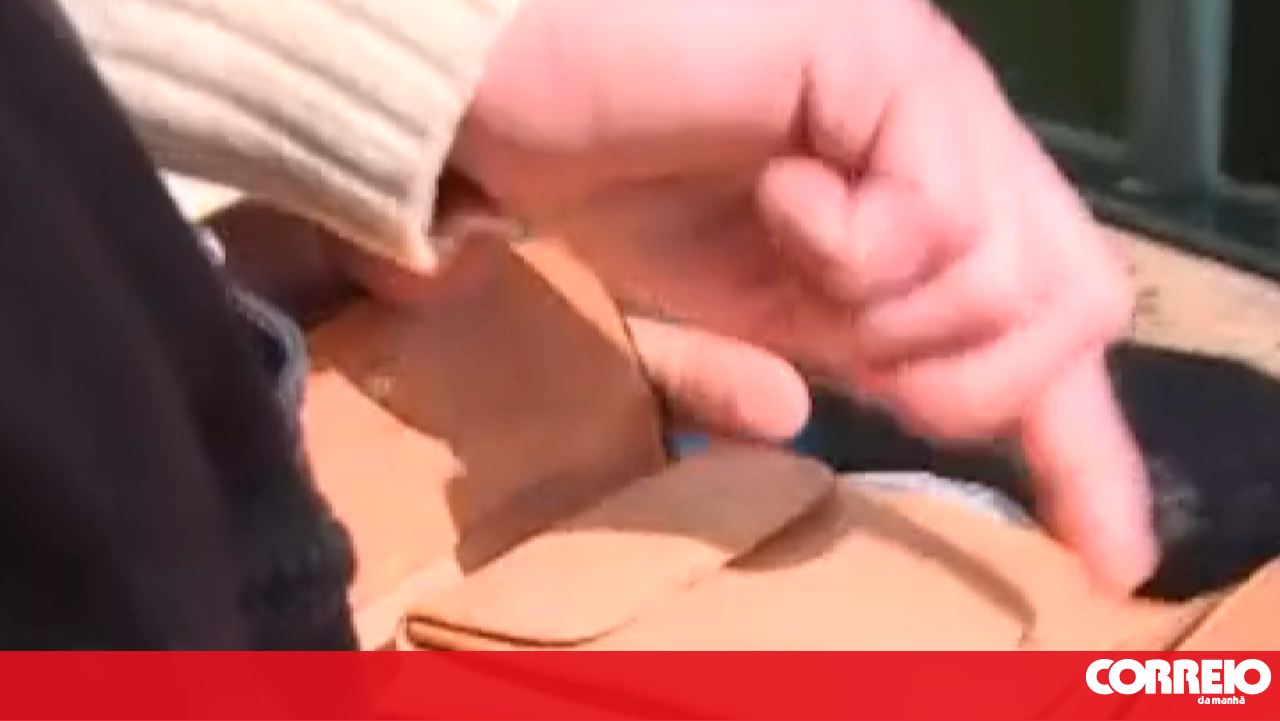
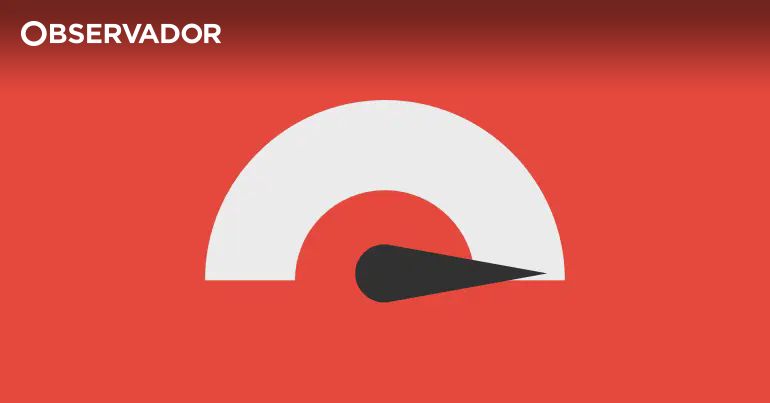
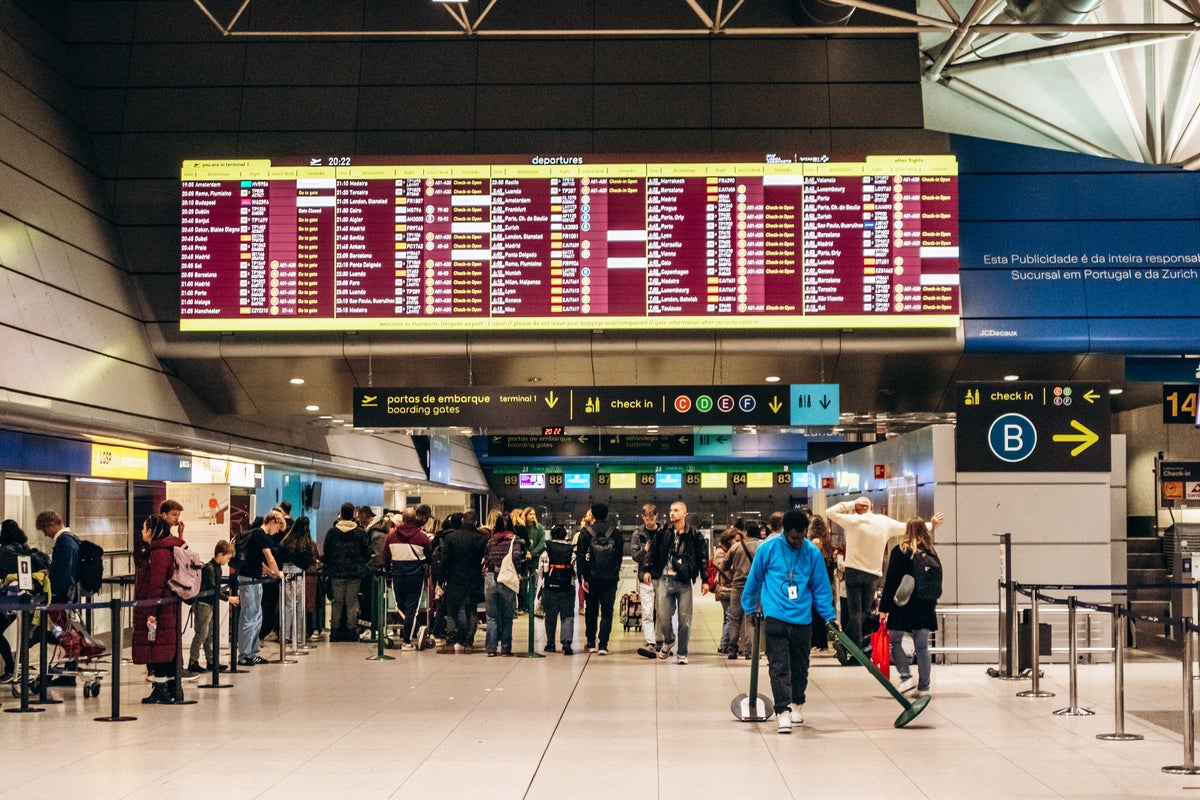
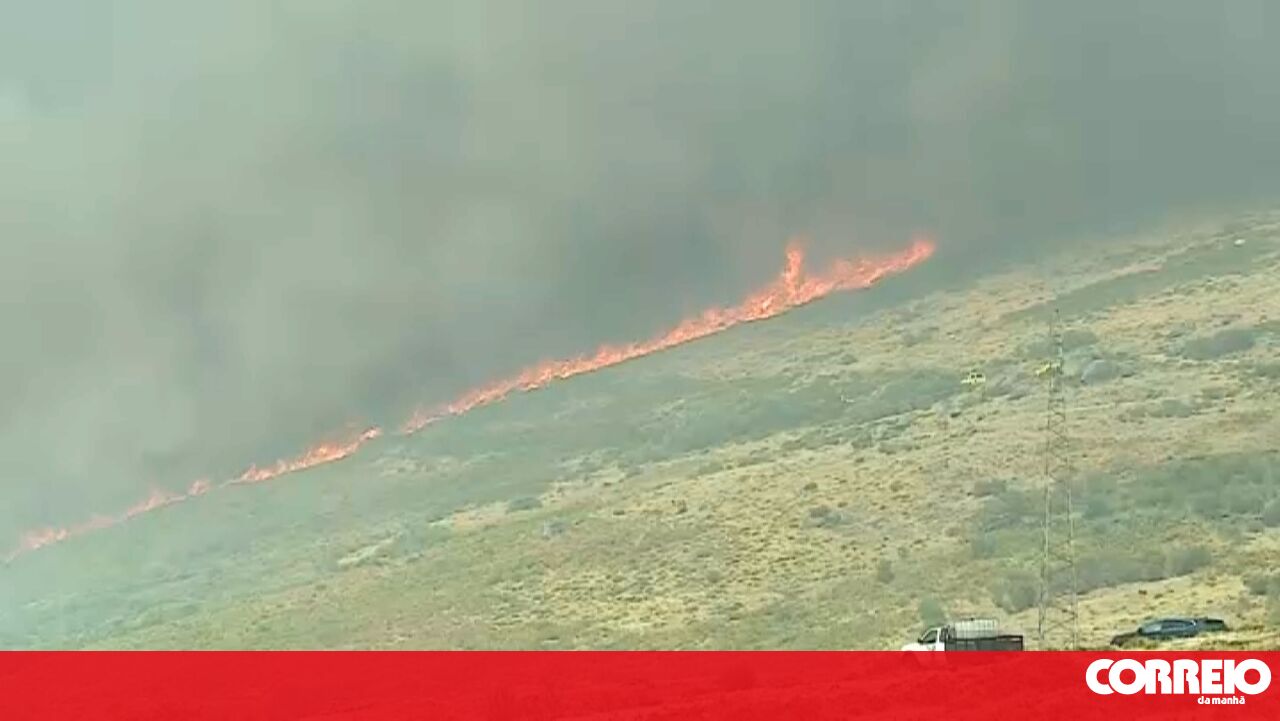

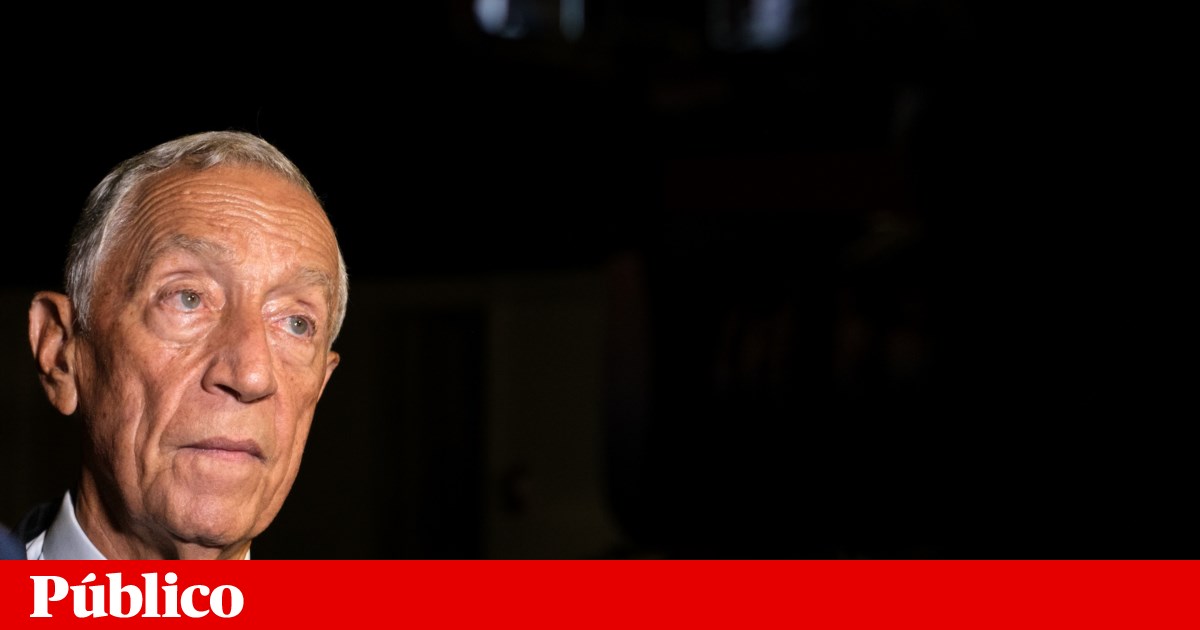





Comments
Join Our Community
Sign up to share your thoughts, engage with others, and become part of our growing community.
No comments yet
Be the first to share your thoughts and start the conversation!